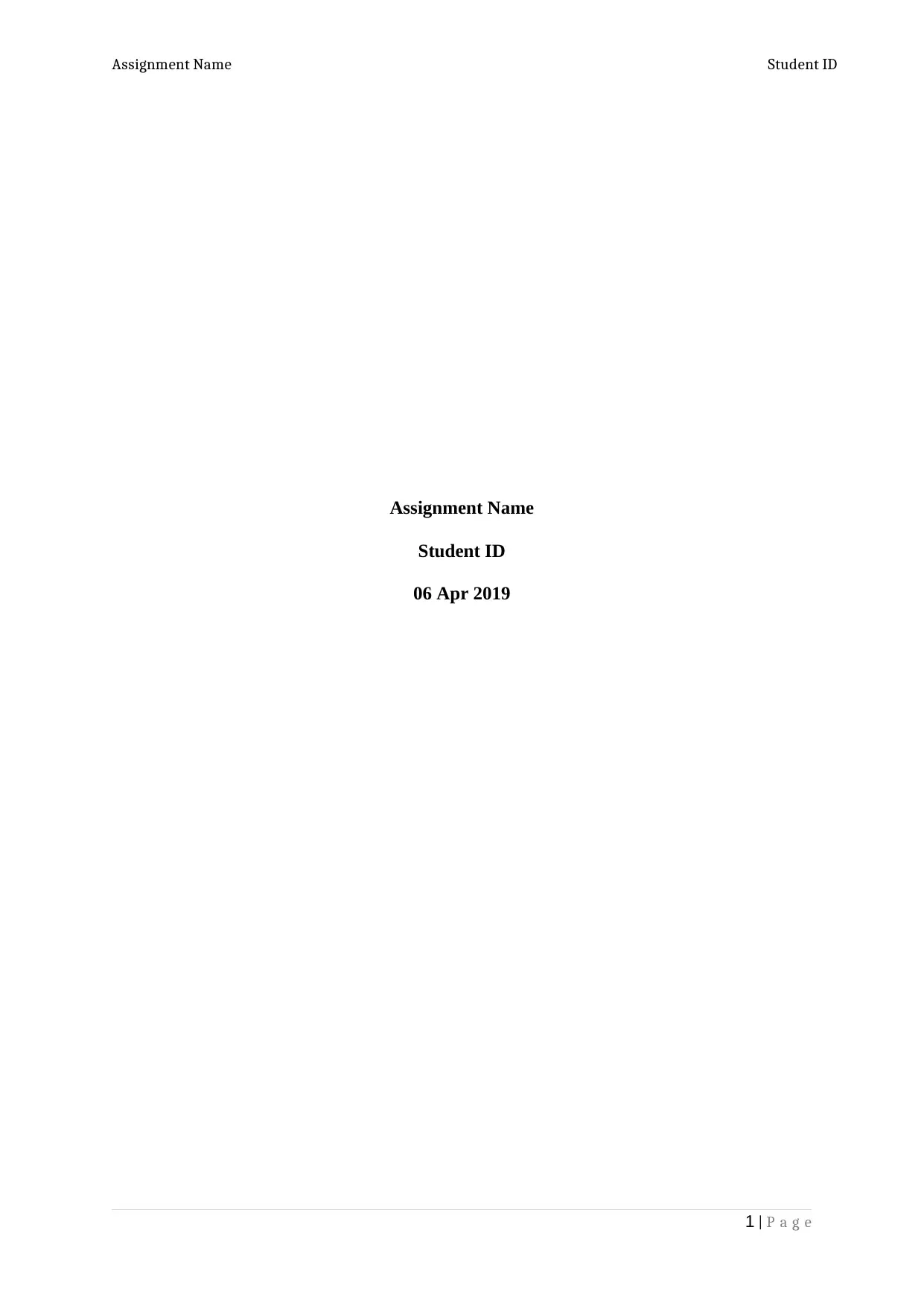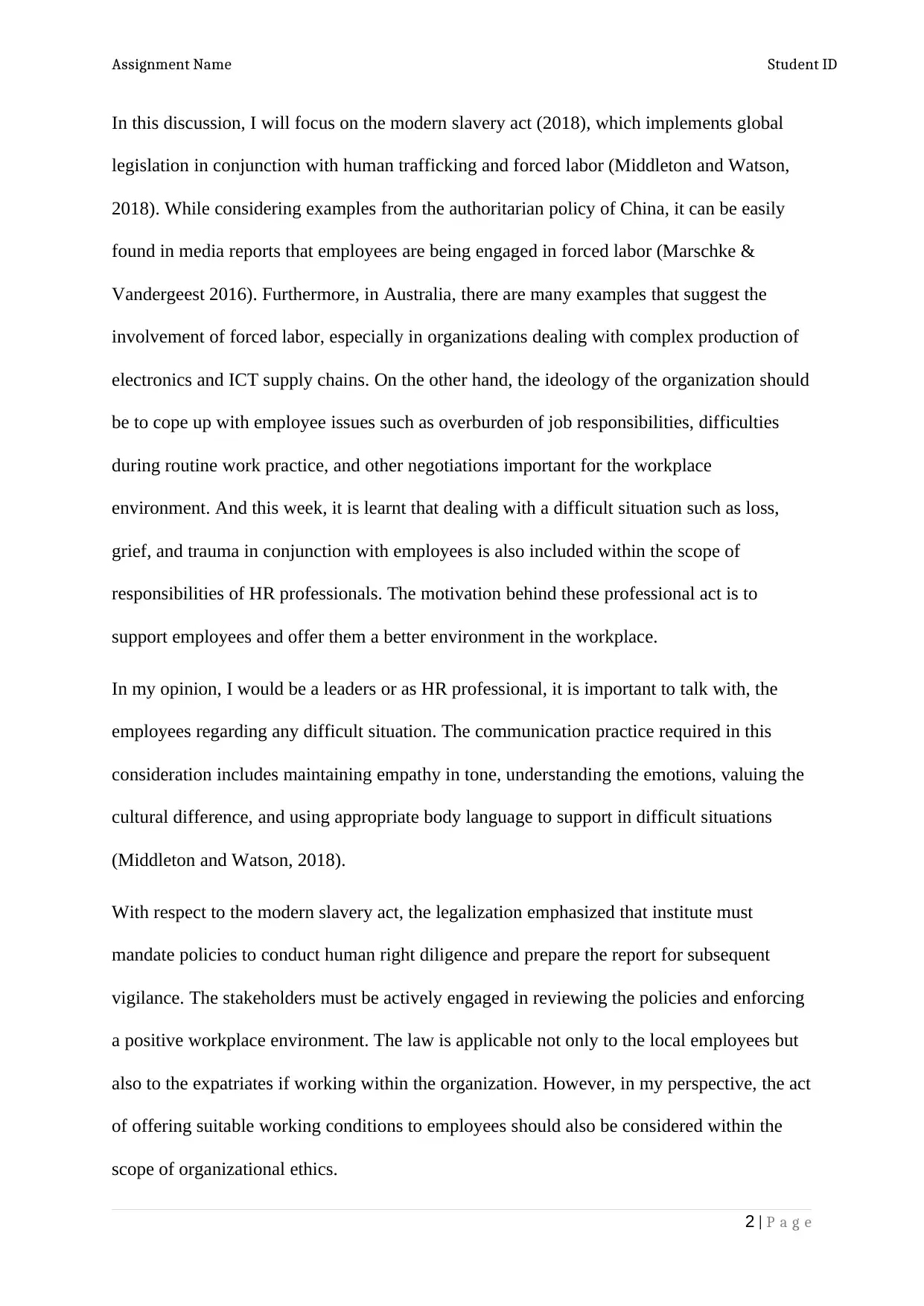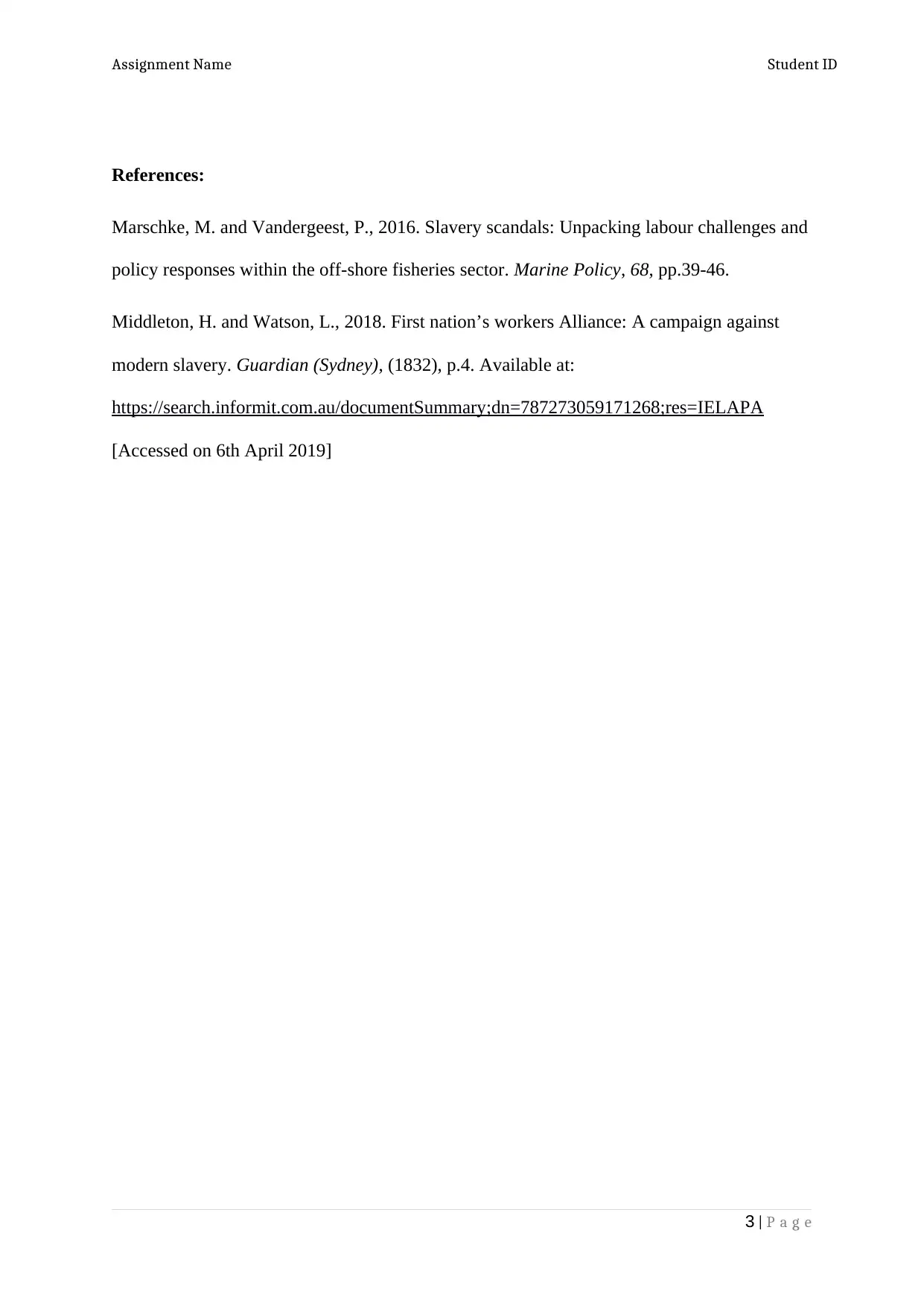Analysis of Modern Slavery Act, Employee Rights, and Ethics
VerifiedAdded on 2023/01/16
|3
|474
|74
Discussion Board Post
AI Summary
This discussion post analyzes the Modern Slavery Act (2018), focusing on its implications for human trafficking and forced labor, with examples from China and Australia. The author emphasizes the importance of ethical considerations, particularly within the context of HR practices, highlighting the need for empathy, cultural sensitivity, and appropriate communication when dealing with employee issues such as grief and trauma. The post also references the legal requirements of the Act, including the need for human rights due diligence and reporting, and stresses the importance of stakeholder engagement in creating a positive workplace environment. The author concludes by emphasizing the importance of offering suitable working conditions as a core organizational ethical responsibility, and the importance of addressing employee issues in a timely and sensitive manner.
1 out of 3







![[object Object]](/_next/static/media/star-bottom.7253800d.svg)